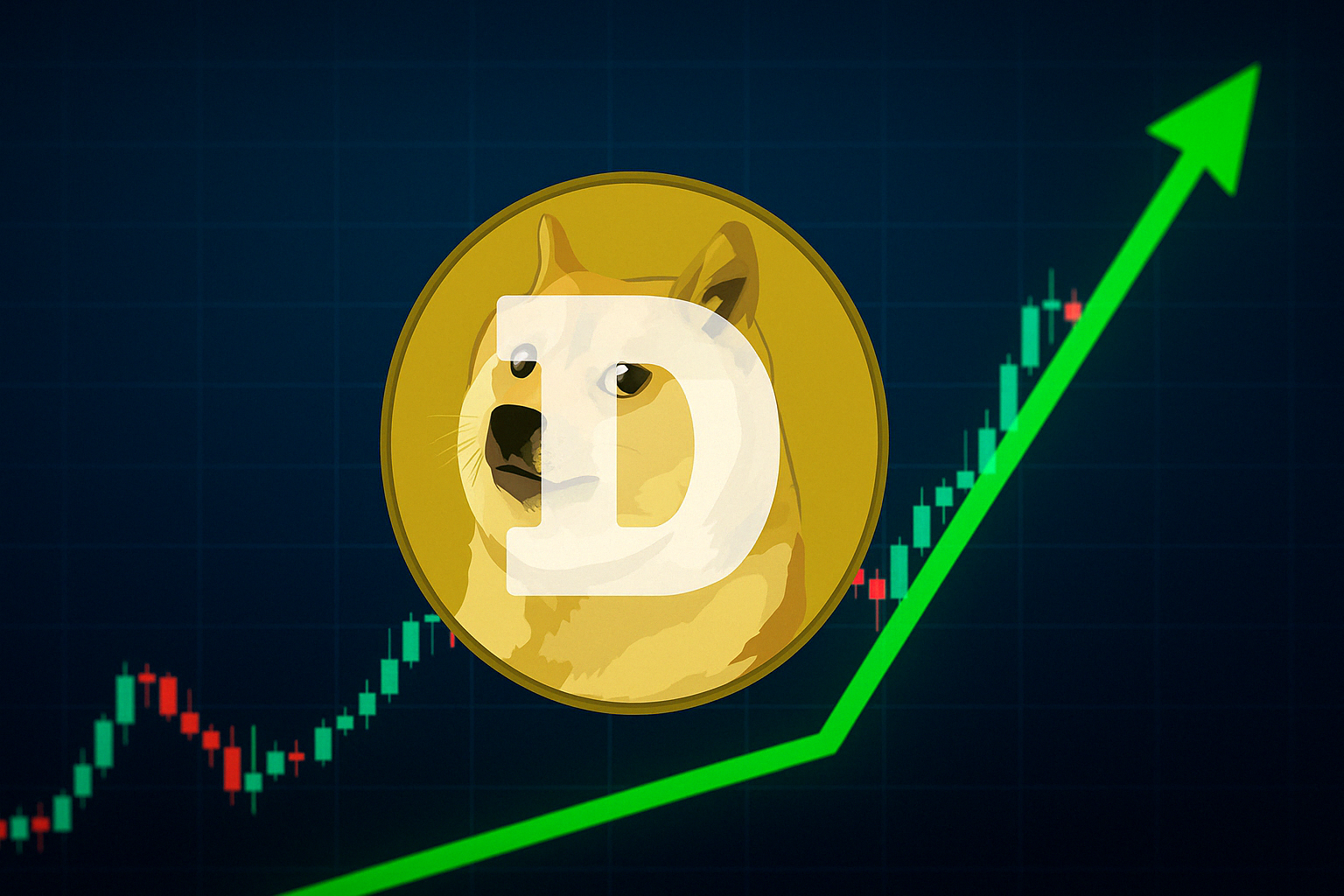5 Things I Did Because I Didn’t Feel Good Enough and What I Do Now Instead
“You have been criticizing yourself for years and it hasn’t worked. Try approving of yourself and see what happens.” ~Louise Hay Since I was a little girl, I believed there was something fundamentally wrong with me. So I was...


“You have been criticizing yourself for years and it hasn’t worked. Try approving of yourself and see what happens.” ~Louise Hay
Since I was a little girl, I believed there was something fundamentally wrong with me.
So I was always trying to find a way to fix myself and be worthy. To feel good enough.
No baby is born thinking they aren’t worthy, and neither was I—or you.
This came from our early beginnings.
I had a very traumatized dad, who I now understand was struggling with his own pain from his childhood.
He would lose his temper and torment me. Tell me I was nothing and no one. That I was unlovable. That nothing I did was good enough.
As children, we just believe our parents. We cannot understand or fathom why they would say these things to us if they weren’t true. So we internalize the belief of not being good enough or not worthy.
We all find our own way to survive this pain of not being seen or loved for who we truly are.
These are the five ways I tried to fix feeling unworthy but actually ended up ruining my life instead.
1. I tried to please and fix people.
I wanted to please my dad. In fact, I lived for it. Whether I was going to have a good day or bad day was all dependent on my parents’ moods. I was only okay if they were okay.
As an adult, this meant I gave my power away to people. I allowed them to take out their emotions on me, and I took responsibility for how they felt. I didn’t feel safe when people were upset, and I believed to my core everything was my fault because of this deep shame I was carrying.
This was all learned in my childhood and has a name—codependency. A great book to read is Codependent No More by Melody Beattie. She explains in detail why we do this!
2. I got into toxic, codependent relationships.
I was a magnet for relationships where it was all about the other person’s needs and feelings. The codependency had left me so needless and wantless that we became the perfect match for each other! They wanted to be chased and adored. I (unconsciously) wanted to ignore my own needs.
I was used to chasing love in relationships without compassion and kindness and being blamed for how other people felt, so these toxic relationships felt normal for me.
A codependent’s wounds can attract a narcissist. Narcissists are also traumatized children, and these wounds create a trauma bond. I had this in friendships and romantic love. These relationships were never about me, and my low self-worth got lower and lower as a result.
They become almost my higher power. I was obsessed with meeting their needs. I thought if I could make them happy, they would choose me and then I would feel good enough.
Sadly, that never happened, and I just got exhausted and sick in the process.
3. I obsessed over fixing my body.
When your body is criticized in childhood, not just by a parent but by other traumatized family members and society, you conclude that it mustn’t be enough.
I went from a confident little girl twirling to someone who hid in the corners of a room in baggy clothes. I didn’t want to be seen or noticed in case someone shamed me for what I looked like. That stung!
So, instead of recognizing that other people had created this issue in me, I spent years abusing my body, through excessive exercise and dieting, to make it perfect. Then, when my body would change, people would still make comments on my imperfections, and I would emotionally eat to numb the pain.
I also overate because I didn’t really care about nourishing my body. I hated it so much. I felt like it was to blame for all these horrible things people would say about it. I never considered for one moment that hurt people hurt people.
4. I got myself into debt.
I worked from a very young age, but my dad didn’t allow me to access to the money I earned. He controlled how I spent it, which sent the message that I couldn’t be trusted with money. Safe to say, this didn’t create the healthiest relationship with money.
If I earned it, I felt uncomfortable holding on to it, so I would overspend. I was more comfortable rolling in debt, as that’s what I felt like I was worth. I would always be clearing debt, and then when I would have money again, I would do something to shift the balance once again. It was normal for me to be in these feast-famine cycles with money, kind of like my love life and my relationships with my parents. There one minute and gone the next!
5. I overworked and overachieved.
Since I was a little girl, I tried to do whatever I could to get my dad’s approval and love. One way to his heart was through education and achievement, so I went all in as a child and adult. Working long hours to pass my exams, applying for qualifications he wanted me to get, even though I had no interest in the subject areas. I learned very young to work lots because, if I didn’t, he would get angry with me, and that felt scary. So I did what I could to try to keep myself safe.
My dad has been gone for fifteen years, as he took his life in 2008, yet I still find myself doing this one! It’s part of my unconscious programming. When I feel unsafe or unworthy around work or even my business, I will push harder. I will forgo my own basic needs, like food and water, to meet a deadline.
—
All of these characteristics are what we call “trauma adaptations”—ways my little brain learned to survive in an unpredictable environment. Between birth and seven especially, children should be nurtured so they can grow self-worth and self-belief. But children that grew up like me were too busy feeling terrified and surviving, so it’s no wonder we got older and struggled.
However, I have learned first-hand that no matter what age we are, we can change our adaptations with awareness.
I began to get curious about how I spoke to myself, and I soon realized that I wouldn’t even speak to an enemy the way I was talking to myself. So I consciously started to speak to myself with kindness and compassion, like I would a friend. I also began listening to affirmations to help me rewrite this negative narrative I had in my mind.
All of a sudden, I started to unconsciously say the affirmations out loud. I would say things like, ”I am worth so much more than that” and then gasp that I had changed my beliefs.
I learned, mainly from books and podcasts, how to show myself love and care. I introduced this slowly into my routine. I was learning to become my own nurturing parent, the one I missed out on growing up. Like little seeds, my self-worth began to slowly grow.
After that, I felt worthy of investing in support from professionals. They provided a safe space for me to explore my story and to get a different perspective. I also found somatic therapy and Internal Family Systems parts work really helpful for healing trauma and growing my self-worth.
I still had relationships in my life that needed changing, which required boundaries and even walking away from some people, but I had to grow that relationship with myself first. Then I had the confidence to expect more in my relationships. When the relationship with myself was no longer toxic and abusive, I was able to stop chasing the unhealthy ones and walk away from the abusive ones.
The seeds in my self-worth garden were growing, and my life changed as a result. My reality was a mirror of how worthy I felt within.
Because I believed I was worthy of true love when it came to me, I didn’t run away; I welcomed it.
I chose new career paths, as I realized I was worthy of having more money and working a job that fulfilled me, not one I had taken to please my dad.
My relationship with my body is changing too. I show it love and kindness with how I feed it, speak to it, and treat it. No more extreme behaviors. I’m learning to love it just as it is.
I realize now that I always had this power to love and care for myself. When I learned to do this, my story changed, and I began to feel more than good enough. It was never about anyone else giving that to me or outside validation. It was about ending the war that began inside of me when I didn’t get my needs met as a kid.
I lovingly use inner child parts work to tend to my younger self, who sometimes falls back into her survival adaptations. I let my inner child know that she is safe now and that I am here to take care of her needs. That we no longer need to chase, overachieve, or overgive in order to be loved and accepted. That I love and accept her for all of her light and her darkness. For her shadow parts.
I listen to her fears, her sadness, her grief—the way I wished someone listened to me when I was younger. I attend to her needs with love and compassion so she no longer has to search for love or validation in the wrong places.
If you can relate to any of what I wrote, start planting seeds in your self-worth garden today and watch your story change.
See a typo or inaccuracy? Please contact us so we can fix it!

 Lynk
Lynk 































![Are You Still Optimizing for Rankings? AI Search May Not Care. [Webinar] via @sejournal, @hethr_campbell](https://www.searchenginejournal.com/wp-content/uploads/2025/06/1-1-307.png)